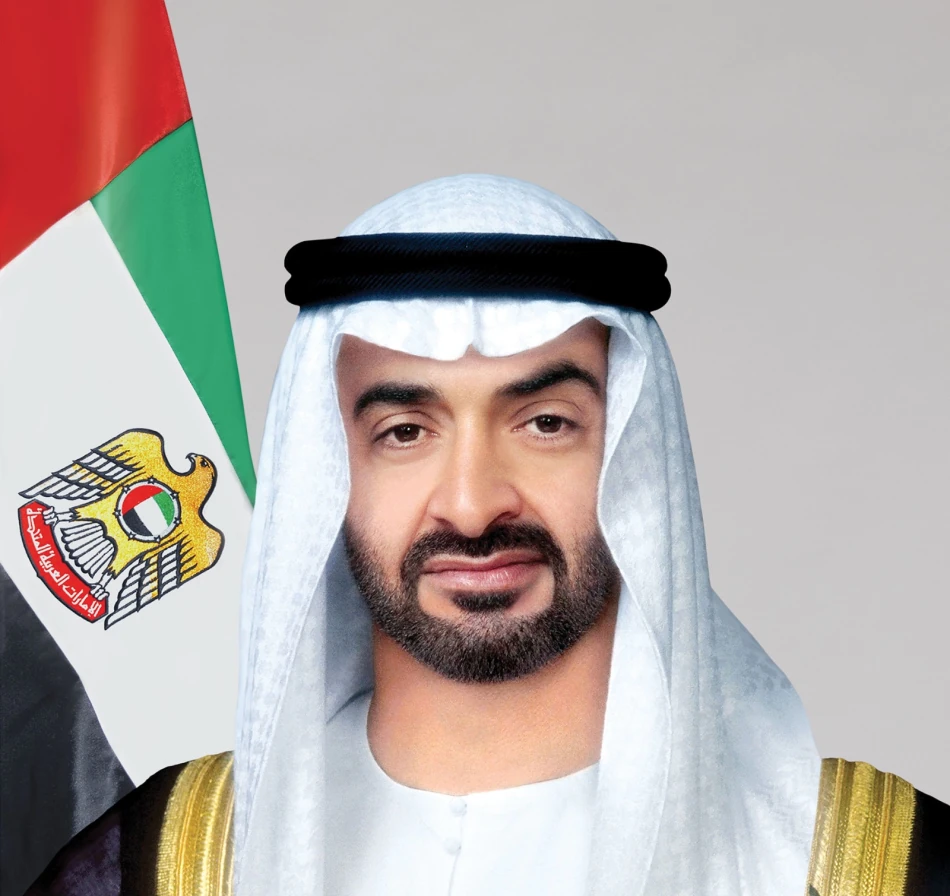
State Leader Concludes Brotherly Visit to Egypt, Departs from Al-Alamein
UAE President Concludes Strategic Egypt Visit, Signaling Deeper Economic Partnership
UAE President Sheikh Mohammed bin Zayed Al Nahyan wrapped up a multi-day official visit to Egypt, meeting with President Abdel Fattah el-Sisi in New Alamein City to discuss strengthening bilateral cooperation. The high-level diplomatic engagement underscores the growing strategic alliance between two of the Arab world's most economically influential nations at a time of regional uncertainty and global economic shifts.
High-Stakes Diplomacy in New Alamein
The UAE leader's visit concluded at New Alamein International Airport, where President el-Sisi personally saw off his counterpart—a diplomatic gesture that signals the importance both nations place on their relationship. The choice of New Alamein as the meeting venue is particularly symbolic, as the planned city represents Egypt's ambitious vision for economic diversification and urban development.
During their discussions, the two leaders focused on enhancing fraternal relations and exploring avenues for expanded cooperation that could benefit both populations. While specific agreements weren't detailed in official statements, such high-level visits typically involve substantial economic and strategic commitments.
Strategic Timing Amid Regional Challenges
The visit comes as both countries navigate complex regional dynamics and economic pressures. Egypt continues working to stabilize its economy following recent currency devaluations and inflation challenges, while the UAE maintains its position as a regional financial hub and investment powerhouse.
Economic Implications for Both Nations
The UAE has emerged as one of Egypt's most significant investment partners in recent years, with Emirati funds flowing into Egyptian infrastructure projects, real estate developments, and energy initiatives. This diplomatic engagement likely sets the stage for expanded economic cooperation across multiple sectors.
For investors and market watchers, such high-level diplomatic activity often precedes major investment announcements or policy alignments. The UAE's sovereign wealth funds and state-owned enterprises have increasingly viewed Egypt as a strategic investment destination, particularly in renewable energy and urban development projects.
Broader Regional Context
This bilateral engagement reflects a broader trend of Gulf-Arab economic integration with traditional regional powers. Similar to Saudi Arabia's increased investment in Egypt and other Arab nations, the UAE's deepening ties with Cairo represent a pragmatic approach to regional stability through economic partnership rather than purely political alliances.
The emphasis on "fraternal relations" in official communications suggests both nations are prioritizing economic pragmatism over ideological considerations—a approach that has proven successful for the UAE in its relationships across the Middle East and North Africa region.
Most Viewed News

 Sara Khaled
Sara Khaled






